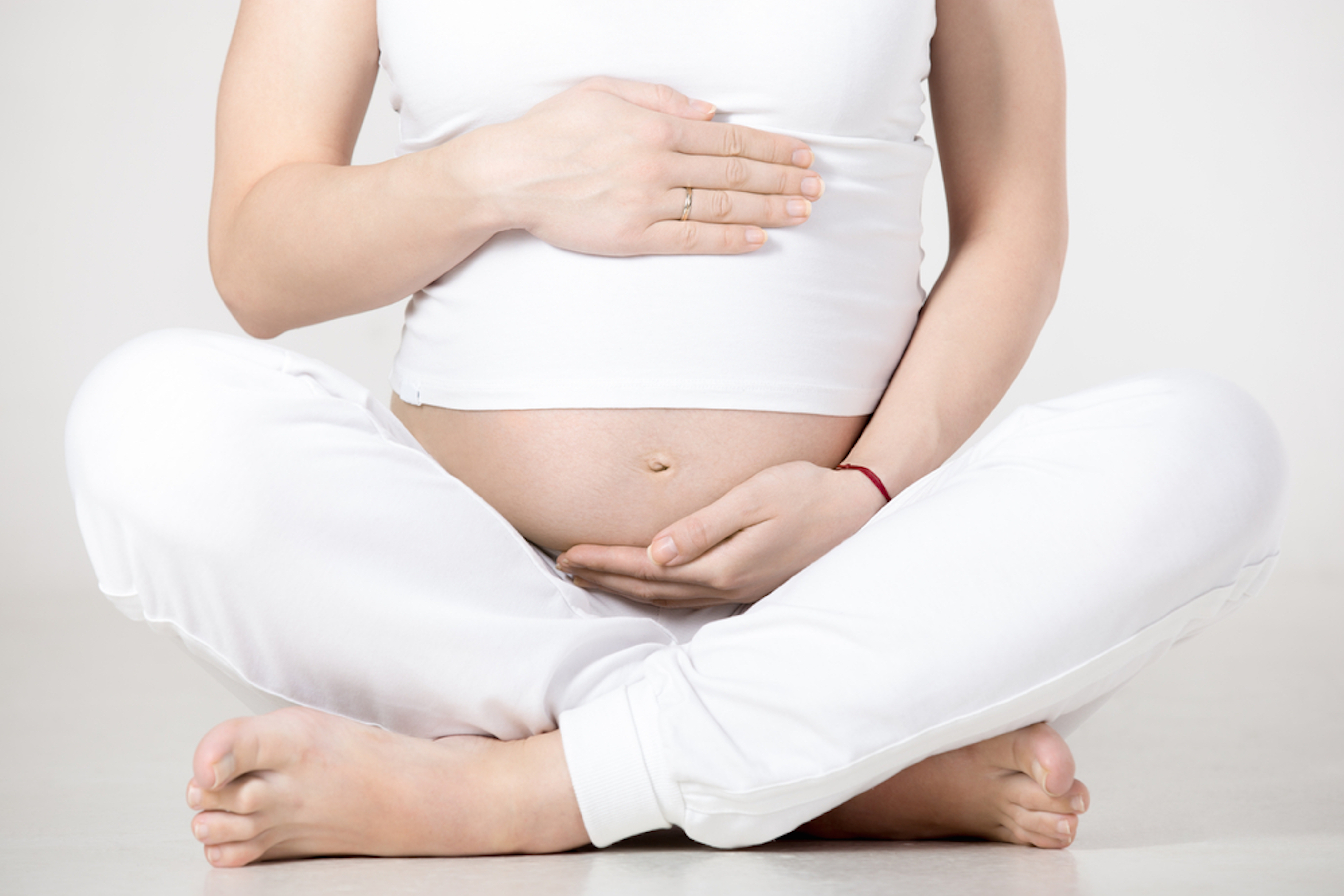60-Year-Old Woman Wants to Get Pregnant: What Are the Risks?

A 60-year-old woman in England whose daughter died wants to use her daughter's eggs to get pregnant and give birth to her own grandchild. But would such a pregnancy come with risks?
In general, older women are at higher risk for complications during pregnancy compared with younger women. But some studies suggest that women over 50 who become pregnant through in vitro fertilization (IVF) do just as well as younger women, as long as they are properly screened for health conditions before becoming pregnant.
Related: How to get pregnant: Tips and facts to increase fertility
The British woman, known only as Mrs. M., says she wants to honor the wish of her late daughter, who died in 2011 of bowel cancer at age 28, but who had her eggs frozen before her death, according to The New York Times. Yesterday (June 30), Mrs. M. won an appeal in court for the right to take her daughter's frozen eggs to a clinic in New York, where she plans to have embryos created with donor sperm. The embryos could then be implanted so that Mrs. M. could carry her grandchild.
If Mrs. M is able to go through with the plan, she wouldn't be the first person to carry her own grandchild. In 2011, a 61-year-old woman in Virginia gave birth to her own grandson, after carrying a pregnancy for her 35-year-old daughter and son-in-law, who had suffered stillbirths and a miscarriage, according to news reports. In a similar case, a 54-year-old woman in Texas gave birth to her own granddaughter earlier this year.
Older women tend to have a higher rate of problems during pregnancy. A 2010 study from Israel found that women over 45 were three times more likely to develop gestational diabetes and high blood pressure during pregnancy, compared with younger women. Older women in the study also had a higher risk of preterm birth, and were much more likely to need a cesarean section, compared with younger women. [Blossoming Body: 8 Odd Changes That Happen During Pregnancy]
In older women, a big concern is whether their heart and blood vessels can handle the extra blood volume that flows through a woman's body during pregnancy, Dr. David Cohen, an obstetrician and ethicist at the University of Chicago, told ABC News. (During pregnancy, a woman's blood doubles in volume.) Because blood vessels aren't as elastic in older women, the risk of developing high blood pressure is greater, Cohen said.
Get the world’s most fascinating discoveries delivered straight to your inbox.
Still, some older women are able to become pregnant and give birth safely. In a 2012 study, researchers analyzed the outcomes of more than 100 women ages 50 and older who became pregnant with donated eggs (using IVF) and gave birth. Before the IVF procedure, the women had undergone extensive health screening, including an ultrasound of the heart and a treadmill stress test.
The researchers found that the older women in the study had rates of gestational diabetes and preterm labor that were similar to those of the younger women who also gave birth after IVF. The older women did have slightly higher rates of high blood pressure (23 percent compared to 14 percent), but this difference was not statistically significant, meaning it could have been due to chance. About 80 percent of the older women needed a C-section.
Because the uterus changes very little with age, it should be able to nourish a growing fetus, even at older ages, Dr. Mark Sauer, chief of the Division of Reproductive Endocrinology and Infertility at Columbia University Medical Center, told Live Science in a 2012 interview. Still, it's important that older women be properly screened before they try to become pregnant, Sauer said. In the 2012 study, the older women who qualified for IVF tended to be healthy, and did not have other medical conditions.
Original article on Live Science.

Rachael is a Live Science contributor, and was a former channel editor and senior writer for Live Science between 2010 and 2022. She has a master's degree in journalism from New York University's Science, Health and Environmental Reporting Program. She also holds a B.S. in molecular biology and an M.S. in biology from the University of California, San Diego. Her work has appeared in Scienceline, The Washington Post and Scientific American.
